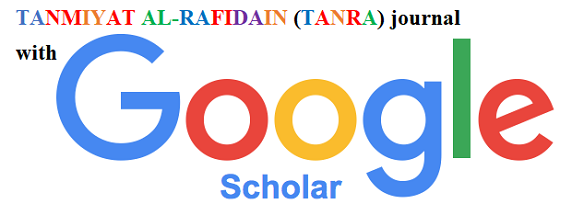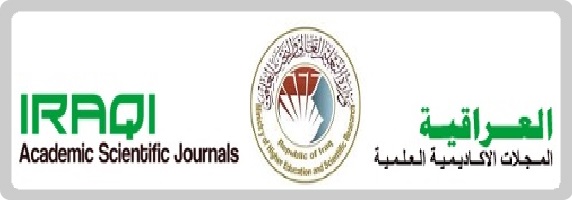Economic Freedom and its Impact on Some Stock Market Indices Study: In a Sample of Arab Countries.
Abstract
The research aims to provide a comprehensive presentation of theories and empirical studies that attempt to diagnose and analyze the mechanism and channels of transmission of the influence exerted by economic freedom in supporting the returns of the stock markets. As well as building a quantitative model capable of diagnosing the nature, value, and direction of the impact of economic freedom on the returns of stock markets in the Gulf Cooperation Council Countries for the period (2006-2020). To achieve this, the Balanced Panel Data was used, and the Autoregressive Distributed Lag and Pooled Mean Group (PMG/ARDL) methodology was adopted. The results of the quantitative model confirmed that the stock market return index of the sample countries in the long term is directly affected by economic freedom with its general index and its four sub-indicators of Government Size, Sound Money, International Trade Freedom, and Regulations, in an upward direction, while the effect was weak in the short term. These results also confirmed the inability of the Legal System and Property Rights index to effectively influence the return of the stock market in the GCC countries, whether in the short or long term.




